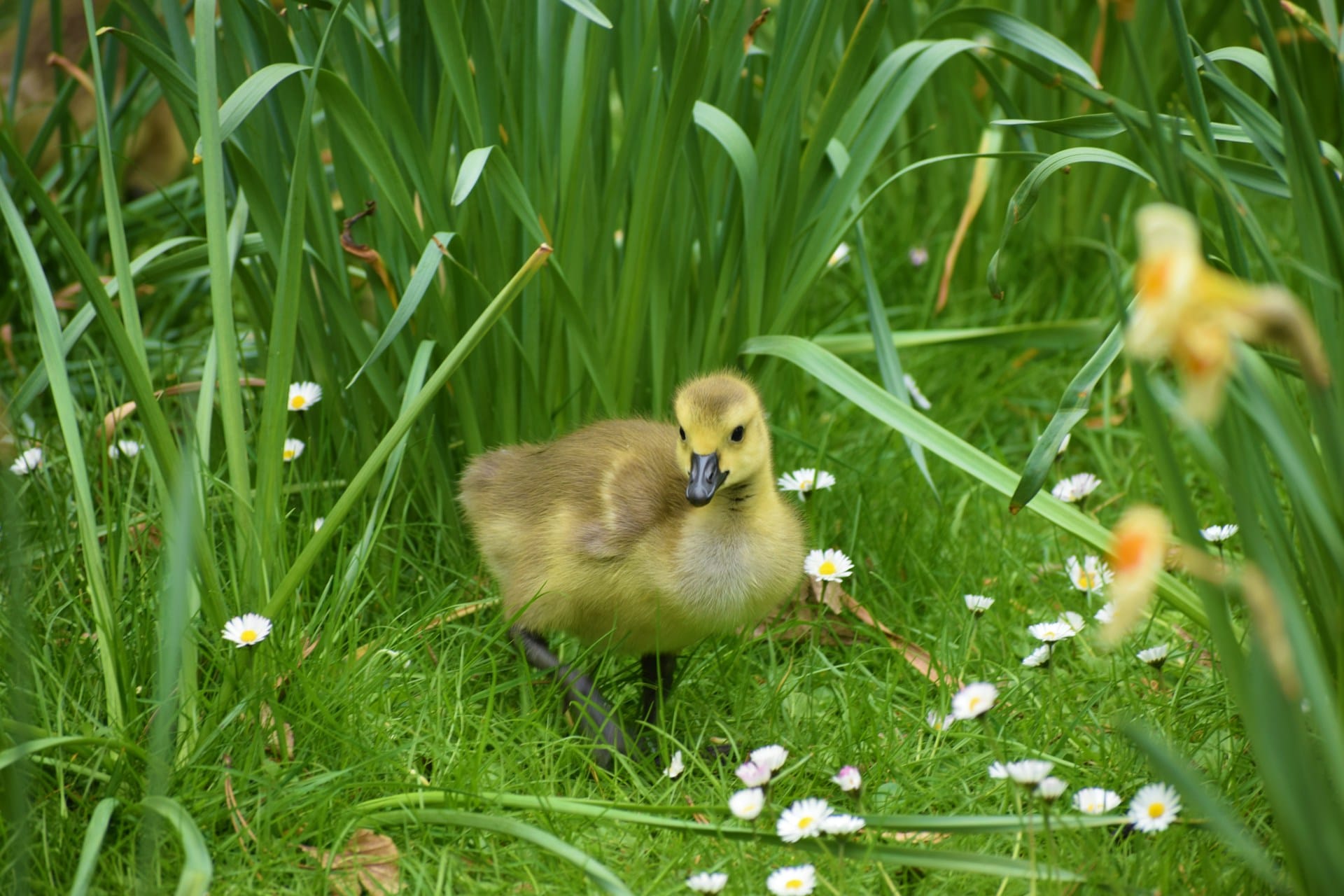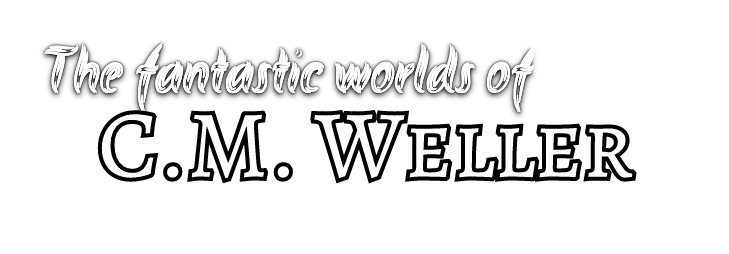The Wild Robot: Hope in a Post-Apocalyptic Solarpunk Dystopia
No matter how shiny your skyscraper, that's still a dystopia.

On it's surface, The Wild Robot is a found family Intelligent-Life-Versus-Nature buddy comedy. Trust me, that word salad makes sense. When you see it, you'll get it.
Spoilers ahead for the movie, so I will say that this thing is a work of art and I one thousand percent recommend watching it. It's beautiful. Now on with dissecting the plot elements.
Let's start with the near miss on a known meme:
Man Vs Nature
That's how it's normally written, however, there are no men in this movie. Well. There's at least one male-coded character, and one male-coded main character, but the titular Wild Robot is neither male nor human. Roz is referred to through most of the movie with she/her pronouns and has a female-coded voice.
She, like most Man-Vs-Nature narratives is lost in the middle of nowhere with no clue how to deal with that. She even creates a little patch of domesticity in the wilderness. But instead of raging against the storm she has to learn to talk to the animals.
No. Really.
After being a force of chaos through the deserted island paradise, not understanding that the animals there are not clients, Roz turns on learning mode and figures out Animal Language. We're not supposed to ask how things work if animals can talk to each other all the time.
Which leads, roundaboutly, to the next element:
Found Family
Through a series of shenanigans surrounding Roz's initial attempt to return to her factory, Roz ends up with the custody of an orphaned gosling. And in the company of a fox. They sort of form a nuclear family unit, but honestly the fox is more like a sassy teenaged extra kid in the mix. At least to me. But it's also:
Buddy Comedy
The fox wants to eat. Roz wants to protect the gosling. They initially have a combat about this conflict, but gain a respect for each other. Eventually being firm friends, helping each other out, and so on. And it is all played for laughs until the third act.
Now for the interesting bit. The claim I made in the title.
The post-apocalyptic solarpunk dystopia.
It is, of course, some time into an unspecified future. The presence of Roz puts that up-front and personal. We get glimpses of the gleaming, solarpunk world she belongs to, and the advertising Roz comes with makes it all look idyllic. What human watching would not want to live in a place with a World of Tomorrow aesthetic? Replete with robots to do all the drudgery that Humanity had been trying to avoid since we first added a tool to a domesticated animal.
Seems very nice.
Then we watch the geese go on migration. They fly over the Golden Gate bridge... which is underwater. It's still it's trademark orange, but it's definitely that landmark. There's the post apocalypse that I was talking about.
Something happened to society as we know it. Something wiped at least San Francisco off the map. Drowned it to the point where whales swim over the uppermost road.
Then we see the future of Humanity. It's still a gleaming bright Solarpunk style future that looks like a great, big, beautiful tomorrow. Everything within is clean and crisp and robots are tending the fields.
...and animals are seen as a contaminant that has to be purged from the complex at all costs.
The Humans bring out the armybots, they cause damage to their own habitat, and risk the lives of the humans within.
Everything inside the Human habitat is sterile, heavily controlled, and regimented. Humans are apparently terrified of nature, to the point where the panic about finding a bird inside their bubble is a source of hefty panic and overreaction.
So Humanity, by inference, is also heavily controlled and regimented. No matter how shiny your skyscraper, that's still a dystopia.
We don't see a lot of what happens to Humanity in this movie. So we're allowed to believe they're okay, or at least, okay with the way things turned out for them. However... there is the sickly-sweet interface of the artificially-intelligent products of Humanity that we do see.
It's just too friendly. Saccharine-sweet and openly menacing in a way that the audience watching could understand, but the naive Roz would be completely fooled by. After all, she's canonically prone to believing the first thing she's told.
And she was told to trust the retrieval bot.
When Roz resisted... well. The response was once again an over-the-top overreaction. Chaos, devastation, and a total lack of care for the lives destroyed in the process. It's pretty obvious that sugar-coated authoritarianism is the order of the day.
But there is hope, because the power of love can overwhelm the iron thumb of capital-first quote-unquote 'progress'. So maybe there's hope for Humanity as well.

